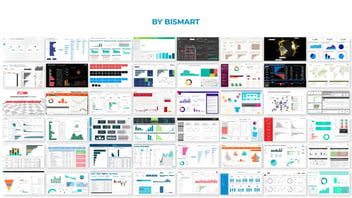On May 25th, the application period of the new general data protection regulation (GDPR) by the European Union will end.
On May 25th, the application period of the new general data protection regulation (GDPR) by the European Union will end. This means that all the organizations and companies of the world that work with data of the citizens of the European Union must comply with the regulation as of May 25th.
This regulation was applied in 2015, but the EU has given 2 years to companies and organizations to adapt their systems. The organizations affected are not only those with headquarters in the EU, but any company, organization or entity that manipulates data of European citizens.
It should be remembered that fines for breach of this new regulation can reach up to 4% of annual turnover or 20 million euros.
According to a Gartner study, most companies were not prepared for the GDPR months before the end of the grace period.
ETL: systems that do not comply with the GDPR
There are many organizations that use ETL systems. ETL systems allow you to extract data from different sources, transform them and store them in a database. The problem is that very few of these systems are prepared for the General Regulation of data protection, that is, in the extraction, transformation and storage processes, it is not guaranteed that the data protection requirements are met.
Master Data Management & Enterprise Information Integration
Until now, the integration of information between the systems was carried out heterogeneously, with numerous specific one-to-one interfaces, with important efforts at the programming level, etc., as a result of responding to the needs that arose without initial reflection to offer a global, scalable and sustainable long-term approach.
Master Data Management Enterprise Information Integration (MDM/EII) is a new system that allows organizations to visualize data from several different systems and formats in one place. MDM/EII has been designed with the new regulation in mind, so it guarantees that its requirements are respected at every step of the process. MDM/EII ensures the integrity of the information: the data is accurate, complete, homogeneous, solid and coherent with the intention for which they are transferred.
The platform facilitates the transfer of information from one system to another. The information-oriented integration does not require modifications in the systems involved, but only the implementation of the information exchange mechanism between the data repositories of the respective applications. It represents the simplest form of integration with the least impact compared to other types of integration: process-oriented or service-oriented.
If you want more information about the solution, you can contact us here. One of our experts will contact you shortly.




